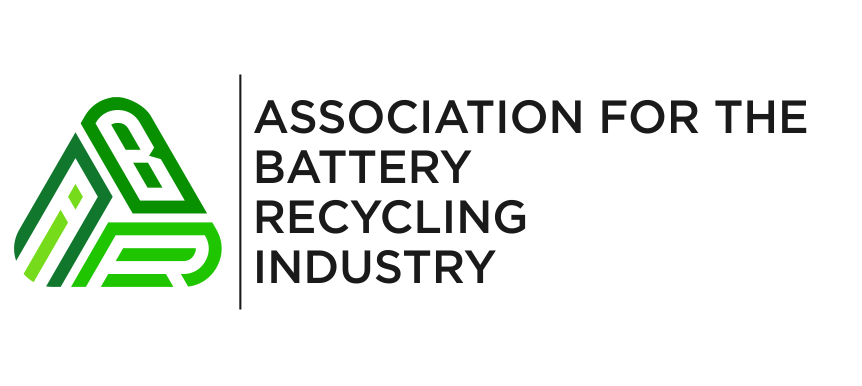Australia’s Battery Industry Unites to Close the Loop on Clean Energy
Energy Summit Highlights Need for Clear Statement of Support for Battery Recycling Sector
16 July 2025 Industry leaders, government officials, researchers and investors will gather in Sydney this Thursday 17 July for the Australian Battery Recycling and Manufacturing Summit, calling for coordinated national action to support one of the country’s most overlooked climate and economic opportunities: battery recycling.
Hosted by the Association for the Battery Recycling Industry (ABRI), the Summit will highlight how battery recycling is a critical enabler of Australia’s clean energy transition, advanced manufacturing sector and regional job creation.
ABRI CEO Katharine Hole said the Summit is a chance to align key stakeholders around a shared vision for Australia’s circular economy battery future.
“It’s not just about solving a waste problem — it’s about unlocking economic value, building sovereign capability, and creating clean energy jobs in the process,” she said.
“You can’t have a clean energy transition, net zero, or a circular economy without battery recycling. It’s a critical link in the chain.”
While momentum is growing in states like New South Wales, Ms Hole is calling for a nationally coordinated approach from state, territory and federal governments and strong policy signals that recognise battery recycling is a clean-tech priority.
“The minerals used in battery manufacturing are both critical and finite, and Australia has the capability and talent to lead in their recovery. However, supportive, aligned policies and regulatory frameworks are needed to help these innovations scale.”
More than $100 million has already been invested by industry to scale up onshore battery recycling and remanufacturing. Yet, by 2036 the potential value of lost valuable materials could be as high as $3 billion annually if batteries are sent to landfill.
Presenters at the Summit will address: mandatory producer responsibility; policy and regulatory reform; investment and industry trends; handling and fire safety; skills development and workforce training.
Ms Hole said the initiative presented a “growth opportunity, a jobs opportunity and a regional development opportunity”.
“There are jobs in disassembly, de-energisation, repair and reuse. These are the secondary industries Australia needs to grow, she said.
“If Australia doesn’t develop recycled content, it’s going to be very difficult to develop a battery manufacturing sector as leading world economies require recycled content in their batteries.”
The Summit will run for one day from 9am on Thursday at the Hilton hotel in Sydney. For more information on the speakers, sponsors or to register, go to https://www.australianbatterysummit.com.au/
ABRI represents more than 60 members from across the battery value chain who provide recycling services for all battery chemistries and applications, including e-waste recyclers. For more information, go to ABRI website.
